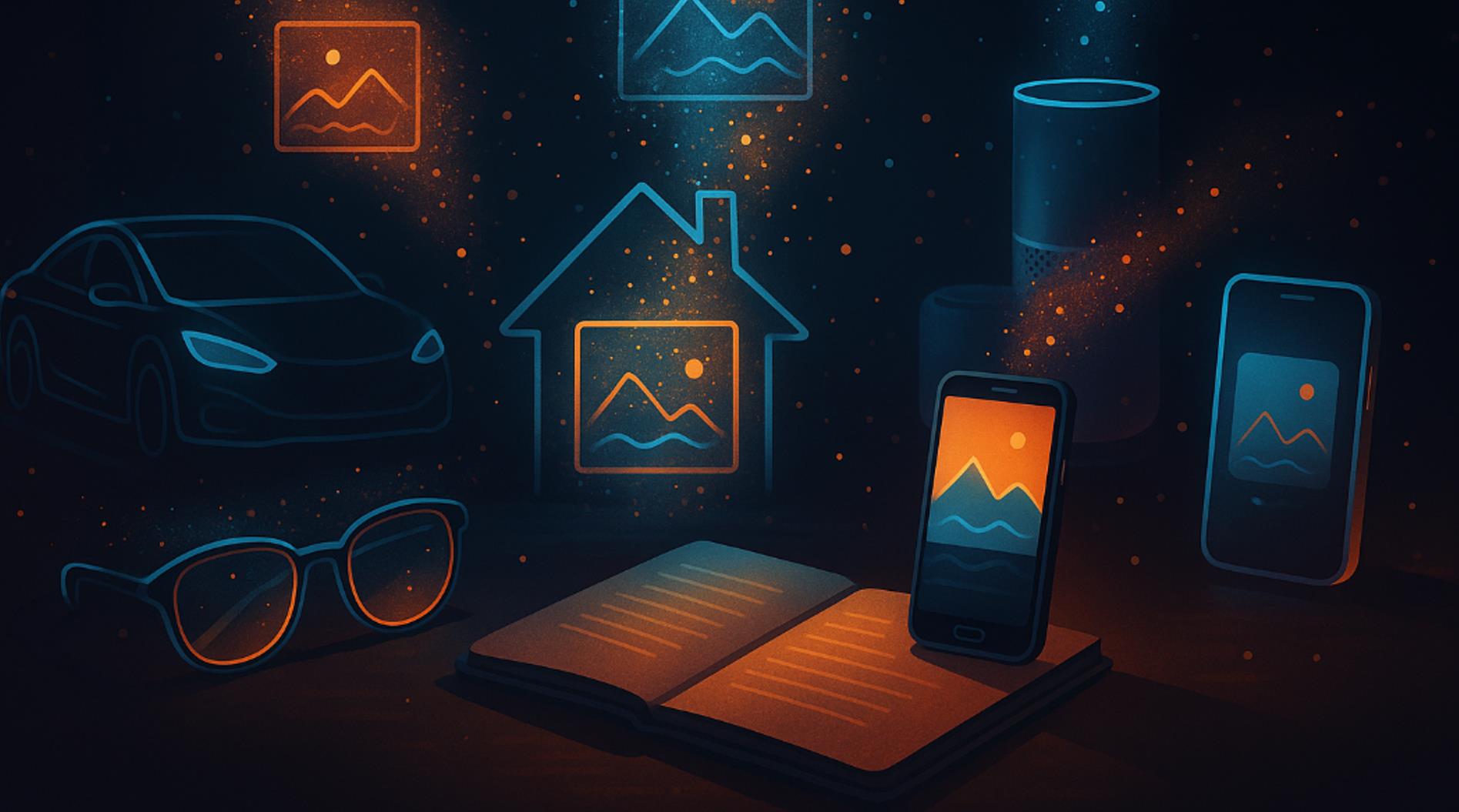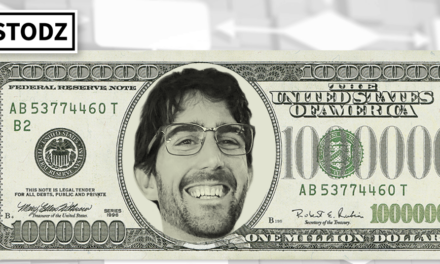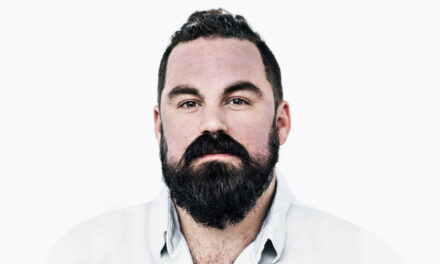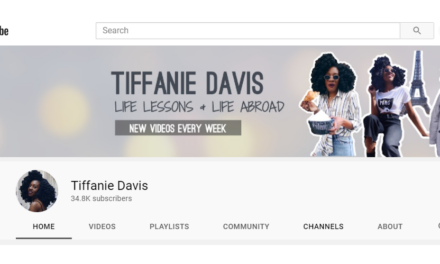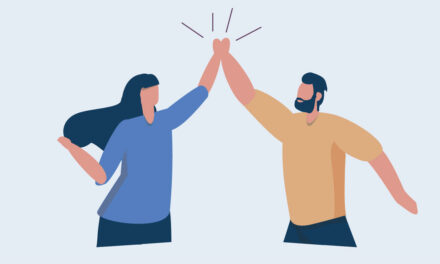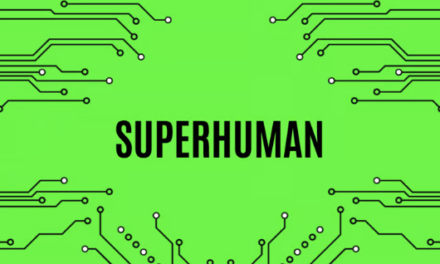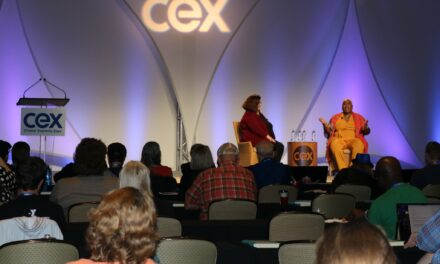As we wrap up Thanksgiving here in the United States, I’ve been thinking a lot about gratitude.
This year, I’m especially thankful for the chance to return from two incredible trips. First to Boston for MarketingProfs B2B Forum. Then straight to Las Vegas (for a Browns win!). The highlight was giving a keynote on the main stage for the first time at B2B Forum, even after speaking at the event seven times before.
It felt like the right moment to share something I have been working on, refining, and in many ways living over the past year. This article is the written version of that talk, and it might even go a bit deeper.
The Day I Learned That Being Great Is Not Enough
I started my marketing career in February 2000 at Penton Media in downtown Cleveland. I was twenty six and working as a project manager. Seven layers of management stood between me and the CEO.
Penton was one of the largest B2B publishers on the planet. They had magazines, events, and advertising operations that were printing money. The leadership team set a goal to become the first B2B media company to hit a billion dollars in one year.
And then the Internet arrived in full force.
At first, it was exciting. It felt innovative. It felt like the future.
Then the fear settled in.
Within two years, incredibly talented people lost their jobs. Editors, marketers, designers, publishers, and salespeople. Not because they were bad at their work. They were excellent.
The problem was something else entirely.
Penton saw the Internet coming, but they did not transform the business. They added websites and digital articles, but they didn’t change (enough) how they thought about the business. They checked the boxes, but the business model didn’t change.
I believe Penton didn’t lose to technology. They lost to hesitation.
When the shift hit, the old playbook was gone. Skill and talent couldn’t save anyone who was still operating under the old rules.
By the end of the fallout, the seven layers of management above me had been eliminated. Suddenly I was reporting to the CEO. Not because I was exceptional, but because I was cheap and adaptable.
When I started my work at Penton, the stock was $34 dollars per share. Just a few years later, it was seven cents (insert gasp here).
That experience taught me something that has stayed with me for twenty-five years. Even if you are great at your job, you can still lose it. Strength inside a system that is collapsing is not enough.
The AI Moment and What It Means For Us
Now we are facing another shift. AI is doing to marketing what the Internet did to publishing. Only faster. And with deeper consequences.
We are told to stay current. Learn the tools. Experiment. Prompt better. Try more. Take courses. Read everything. And most marketers and content creators I know are doing all of this.
But even if you learn everything, even if you master every model, even if you build your own custom GPTs, your job may still not be there tomorrow.
This has nothing to do with your talent. It has everything to do with what companies value today.
Companies are rewarded for efficiency. They are rewarded for revenue per employee. They are rewarded for quarterly results and stock performance.
This is not personal. This is not malicious. This is how the system works today.
And if you rely on that system for your safety, you may end up in the same place as the talented people I started my career with.
AI and Alzheimer’s and the Illusion of Control
Alzheimer’s runs in my family. My dad has it. Two of my aunts suffered from it before they passed. For years, my cousin and I talked about it like it was an unavoidable part of our future. I used to feel resigned to it.
Then one day I realized something. AI and Alzheimer’s are very different. But they create a similar emotional reaction. Both feel inevitable. Both force you to confront how little control you really have. And both raise the same question. What do you do when you can’t control the outcome?
My 90-Day Misogi and What It Changed For Me
Earlier this year, I decided I was done waiting for something to happen to my health. I wanted to prepare myself rather than sit with fear.
So I created a 90-day Misogi goal. My mission was simple. Set up my life so I would never have to worry about Alzheimer’s. I couldn’t change my genetics. But I could change my habits.
For ninety days, I committed to four things.
· No sugar.
· No ultra-processed foods.
· Time-based eating between noon and eight.
· Exercise six days a week.
That meant 20 to 30 minutes of resistance training and four runs a week.
I documented everything in a journal. Not for social media. Not for praise. Just for clarity. I wanted to see the patterns and understand who I was becoming.
Nine months later, the impact surprised me. I lost more than twenty pounds. I gained muscle. My thinking sharpened. My sleep improved. I felt better than I had in years.
Most importantly, I felt in control again. I can’t control my genetics. But I can control how I prepare.
Your Misogi For the AI Era
AI is not slowing down. The disruption will not wait for us. But that doesn’t mean we are powerless.
We can prepare. We can train. We can build something that AI cannot touch.
This is the same challenge I gave to the audience at MarketingProfs, and I want to share it with you. Here is the framework.
Step One: Choose One Goal That Protects Your Future
Pick something that you will own. Something that belongs to you.
A newsletter. A blog. A video series. A podcast. A project that helps people. A story only you can tell.
The specifics don’t matter. Ownership does.
Step Two: Tell Five People
Not five followers. Five real humans. Tell them what you are building and why.
Speaking it out loud changes everything. It creates accountability and commitment.
Step Three: Document Everything
Each day, write one line about what you did.
Track your words. Track your videos. Track the actions that build momentum. If you don’t write it down, you can’t have it…so write it down.
The Misogi is not the finish line. It’s the training ground. The real change begins on day 91.
The Future Belongs to the People Who Own Something
In the coming years, everything around us will be able to generate synthetic content on demand. Our glasses, phones, cars, and every device in our lives will create content without our input.
When that day comes, only one thing will matter.
What you built. What you owned. And the relationships no machine can fake.
If you want to start your own Misogi, I created a simple worksheet to help you begin.
Download the Misogi Worksheet here
If you’ve been waiting for safety, here is the truth. It isn’t coming.
But freedom is. If you build it.
About the author
Joe Pulizzi is founder of multiple startups including The Tilt and is the bestselling author of ten books including Content Inc. and Epic Content Marketing, which was named a “Must-Read Business Book” by Fortune Magazine. His latest book is Burn the Playbook: Are You Made for More? Build a Life on Your Terms.

